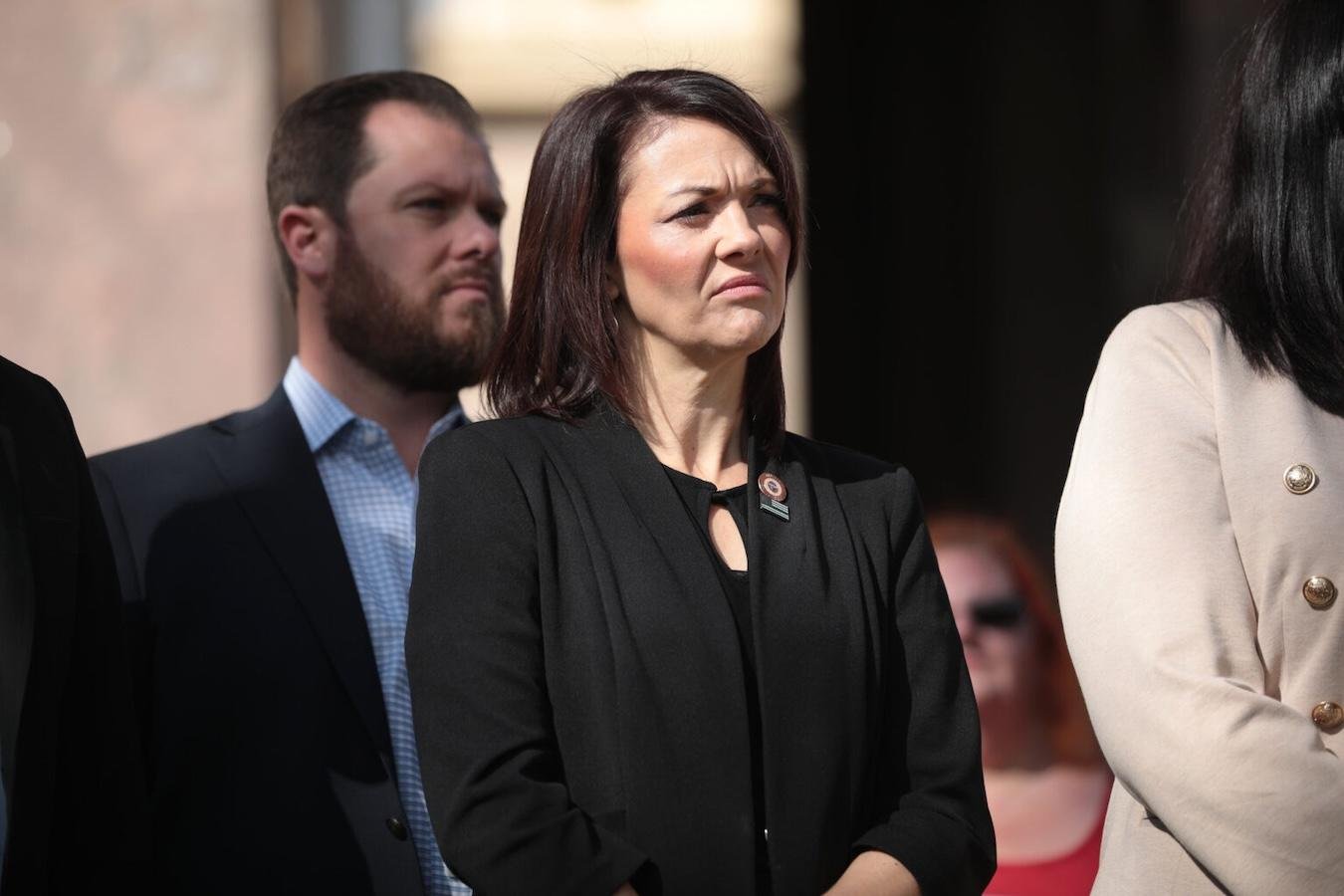arizona
Arizona GOP Pushes Plan to Shield Election Certification Rejectors with Legal Protections

Despite the GOP’s victory in the recent presidential election and strengthened majorities in the Arizona Legislature, former President Donald Trump and his supporters remain fixated on unfounded conspiracy theories surrounding past electoral losses in 2020 and 2022.
This obsession has led to significant changes proposed in Arizona’s election laws, drawing on the controversial experiences of Kari Lake, a prominent election denier in the state. One key proposal, House Bill 2440, seeks to prevent the prosecution of county board supervisors for their refusal to certify election results.
Sponsored by Rep. Rachel Keshel, R-Tucson, the legislation stems from the contentious aftermath of the 2022 midterm elections in Cochise and Mohave counties. There, board members faced intense pressure to delay certifications, citing issues with the electoral process, particularly in Maricopa County. Following a legal battle initiated by former Secretary of State Katie Hobbs, the Cochise County Board ultimately certified its results only after a court order.
In a related incident, two Republican supervisors from Cochise County were indicted for neglecting their certification duties. One, Peggy Judd, pleaded guilty to a misdemeanor, whereas Tom Crosby awaits trial on more serious felony charges.
Keshel’s proposed bill could exempt board members from legal repercussions if they claim a good faith belief of unresolved issues affecting election accuracy. The measure would provide another channel for contesting election results beyond the existing court challenge process.
Young Republican Isaac Glover, who advocated the bill, argued it is necessary for members to have the freedom to voice uncertainties regarding election integrity. He revealed frustrations from previous election challenges and highlighted a court’s notion that procedural issues were present, yet certifications proceeded anyway.
Opposition arises, with critics questioning the potential disenfranchisement of voters should any county board choose to abstain from certification. Republicans’ earlier commitments to expedite election reporting timelines contradict the implications of Keshel’s proposal, as it could hinder the overall election process.
On a national scale, Trump’s executive order also aims to reshape voter registration by requiring documentary proof of citizenship, a move now facing legal challenges from voter advocacy organizations. Critics argue that such a requirement imposes undue burdens on voters, especially those without access to accepted documentation.
In Arizona, existing laws permit several forms of citizenship proof, yet Trump’s order limits acceptable documents, further complicating the voting process for many residents. This initiative reflects ongoing assertions by Trump and his supporters regarding supposed election fraud, despite lacking substantial evidence or validation from numerous audits.


















